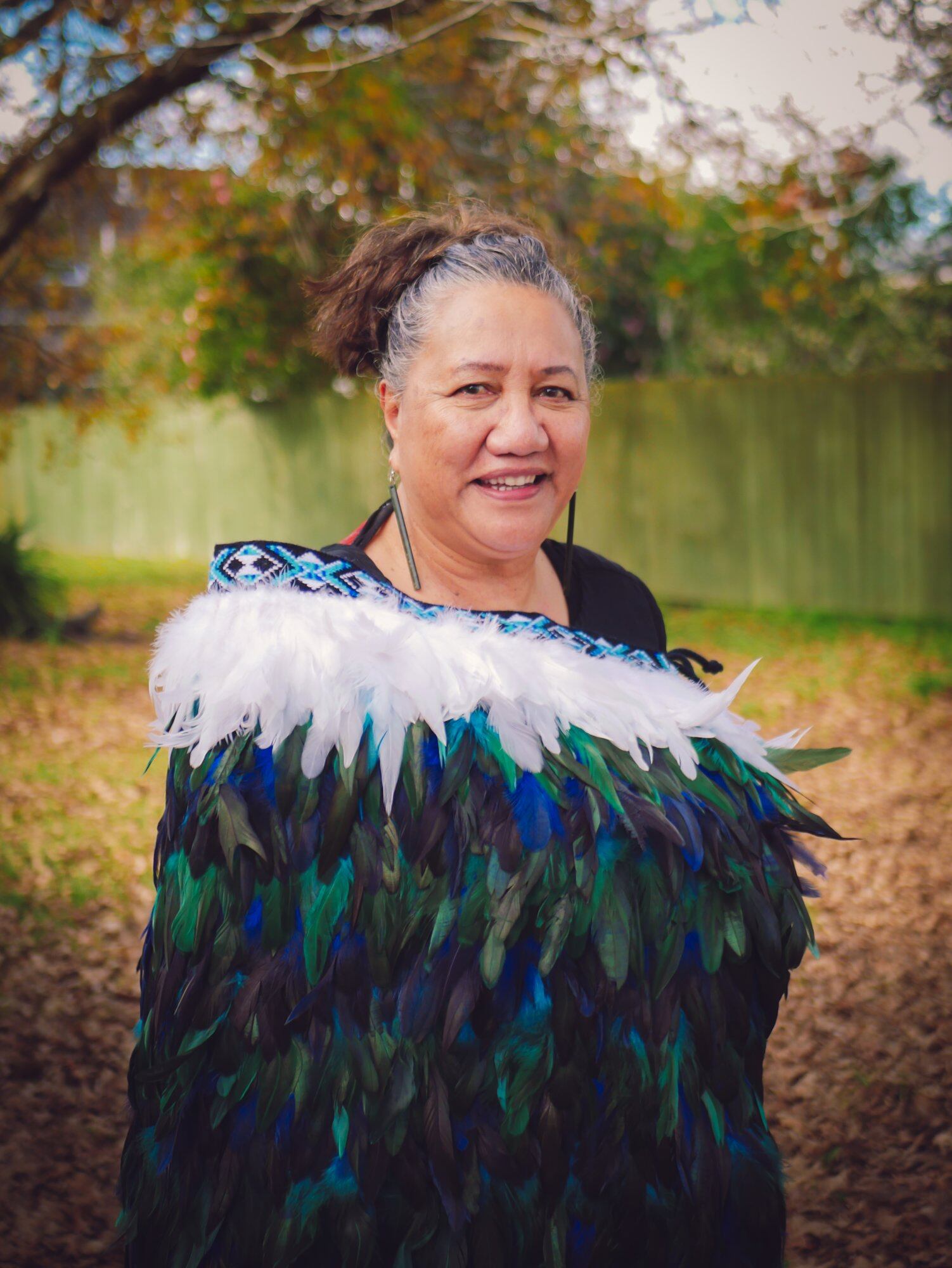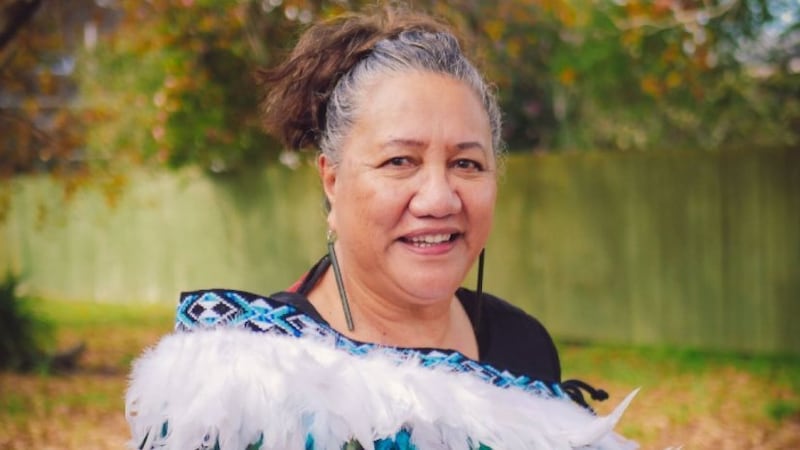Waitematā District Health Board Maori Nurse of the Year 2021 Angela Perawiti has turned a personal tragedy into a 30-year career full of passion and a drive to create change in the system.
Perawiti received Te Kauae Raro Māori Nursing and Midwifery Award last month. She works at the Waitematā DHB as a Māori gerontology nurse specialist.
Perawiti entered the workforce after losing her son as a baby.
Her son, who would have turned 40 this week, died at nine months old after complications related to an ear infection that was never diagnosed, despite her repeated efforts to seek care for him.
"I took him to the doctor six times over several weeks, desperate for help. Each time I went, the doctor questioned my parenting instead of examining him - he didn't even touch him. That doctor took one look at me and assumed it was me that was doing something wrong," says Perawiti.
By the time Perawiti was given antibiotics for her son, it was too late and he died the same day. The autopsy revealed the infection had travelled into his abdomen but would have been easily prevented if properly treated in the weeks leading to his death.
"I didn't use my voice in that situation because I didn't realise that I even had one. I was trying to do the right thing and, at that stage, I thought that meant being subservient to people in positions of power. I trusted the doctor, even though he was treating me with prejudice. That experience started a fire in me; it gave me a drive to see change."
In 1993 Perawiti landed a position as an ear, nose and throat (ENT) nurse specialist. She quickly saw a need for whānau accessing the service and responded by setting up one of Auckland's first mobile ENT services that focused on reaching Māori and Pacific communities.
"I believe change happens in the homes and on the ground. I'm passionate about closing that disconnect between the hospital and community services. I want whānau to have access to services that are culturally appropriate, accessible and affordable."
Culture and te reo Māori
Perawiti has been on a personal journey of discovery. Her parents were reluctant to raise her fully aware of her Māori heritage because of how they were treated growing up. Her parents grew up speaking te reo but they were strapped and beaten at school if they spoke it.
"There was a drive inside me that stemmed from the question, who am I? And I got to a point where I just had to get stuck in and learn all things Māori and figure out who I was. It was so fulfilling and it answered so many questions as to why I had always felt like I didn't belong."
Perawiti's children and grandchildren are all immersed in te reo and tikanga and it's her dream to become fluent once she retires.
"I've got all the building blocks for my te reo but I need to immerse myself in it to become fluent. I think that's one of the last puzzle pieces for me."

Angela Perawiti was gifted a korowai the latest winner of the Te Kauae Raro Māori Nursing and Midwifery Award. Source: Waitematā DHB.
Working with whānau Māori
In her role as a Māori gerontology nurse specialist at the DHB Perawiti works specifically with kaumātua and is involved in physical, cognitive and whānau assessments. She also works to make connections and build relationships between the hospital and the community health providers.
"The cultural side of my work is like wrapping a korowai around the clinical components of a person's care,” she says.
"It's easy in the health sector to start working in silos and become unaware of the services your patients might qualify for. I like to connect those dots and think of things more collectively."
Although happy to have received the award, it's never been about recognition for Perawiti and she admits the whole thing makes her feel a little uncomfortable.
"My work has always been about fulfilling this drive I have to make things better and figure out who I am in the process. But I'm trying to embrace it and I love the korowai I received at the ceremony, it’s very special."
Waitematā DHB chief executive Dr Dale Bramley, of Ngāpuhi descent, says the DHB is committed to boosting and supporting the Māori workforce.
“Having a health workforce that better reflects the community we serve plays a key role in improving health outcomes for Māori. People are more likely to engage with a health service when they know they will encounter a sense of the familiar.”

